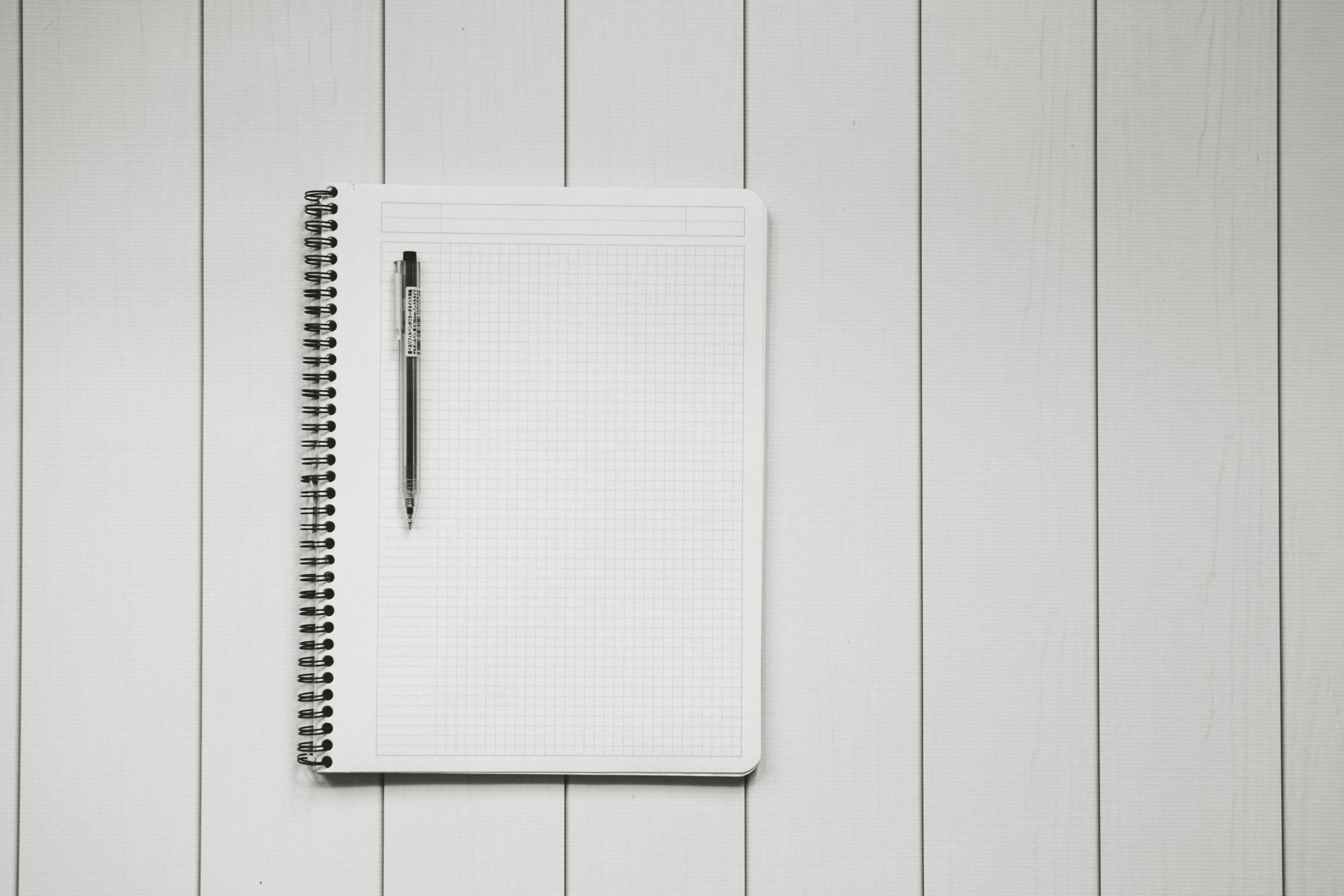Some vs. Any: How to Use 'SOME' & 'ANY' in English
In this post, you’re going to learn how to avoid common mistakes when using ‘any’ in English. You’ll also learn the difference between ‘some’ and ‘any’.
Teaching English Just Got Easier!
Save hours of time with an organized collection of high quality, easy-prep ESL lesson plans and worksheets right at your fingertips.
THE DIFFERENCE BETWEEN “SOME” AND “ANY”
Common Mistakes with ANY in English
I often hear English students make this mistake:
“Do you have any pets?”
“No, any.”
Using ‘any’ here is incorrect because ‘any’ and words that begin with ‘any’ (anyone, anybody, anywhere, etc.) are not negative.
So we say,
"No, I have no sisters."
"No, I have any sisters."
Here are some other examples,
"No one helped me."
"Anyone helped me."
“She has no patience.”
“Nobody likes it here.”
“I have nothing to say.”
“None of my friends are coming.”
Another common mistake in English is using ‘any’ instead of ‘a’ or ‘an’.
So we say,
"Do you have a pen?"
"Do you have any pen?"
Using ‘any’ here is incorrect because we normally use a plural noun (or an uncountable noun) after ‘any’.
For example, if I’m expecting an important letter, I can say:
“Are there any letters for me?”
Or,
" Is there a letter for me?"
"Is there any letter for me?"
There are some exceptions to this rule, and we’ll discuss those below.
How to Use ANY in English
We use ‘any’ in negative sentences (with doesn’t, don’t, didn’t, etc.) and with words that have a negative meaning, such as ‘never’, ‘without’, ‘refuse’, etc. So we can say,
“He never says anything.”
“We didn’t stop anywhere.”
“They did it without any difficulty.”
“She refused to give him any attention.”
We also use ‘any’ in most questions, and often with ‘if’. For example,
“Did anyone understand this?”
“Do you know any good bars?”
“Have you seen any good movies lately?”
“If they need any help, tell them to call me.”
“I think a hero is any person really intent on making this a better place for all people.”
How to Use SOME in English
We generally use ‘some’ and words that start with ‘some’ (someone, somebody, etc.) in affirmative sentences. So we can say,
“There is someone at the door.”
“He has some interesting stories.”
We use ‘some’ when we don’t care about the quantity or the amount. For example,
“There’s some spaghetti sauce on your face.”
We also use ‘some’ when something or someone is unknown or unfamiliar. So we can say,
“Some guy called for you while you were gone. Here’s his number.”
“Some lady was asking about you. I told her to come back in an hour.”
As I mentioned earlier, we use ‘any’ in most questions. But there are some exceptions. For instance, when we make offers or requests, we use ‘some’. So, if you’re with friends and you’d like to offer them drinks, you can say,
“Would you like some wine?”
“Would you like something to drink?”
Similarly, if you’re making a request, you can say,
“Can I have some water?”
“Could you lend me some money?”
The Main Difference Between SOME and ANY
As a general rule, we use ‘some’ for affirmative sentences, and ‘any’ for questions or negative sentences.
Usually, both ‘some’ and ‘any’ can only be used with countable plural nouns or uncountable nouns. For example,
“I have some questions.”
“I don’t have any questions.”
“Do you have any questions?”
Or,
“I have some water.“
“I don’t have any water.“
“Do you have any water?“
But there are some exceptions.
We can use ‘any’ in affirmative sentences when there’s a sense of no limitation. For example,
“Anyone who works here can help you.”
This means that it doesn’t matter who you ask, because everyone who works here can help you.
Here are other examples,
“He can eat anything and not gain weight.”
“These are great ideas for anyone who works from home.”
Any Ideas or Any Idea?
A few of my students were confused about the difference between ‘any ideas’ and ‘any idea’. So let’s look at the difference between them.
‘Any idea’ and ‘any ideas’ are used in different contexts. Generally, we use ‘any ideas’ when we’re looking for suggestions. For example,
“How can we get more customers? Do you have any ideas?”
“Where should we go for our vacation next year? Any ideas?”
But we use ‘Do you have any idea…?’ differently.
We use ‘any idea’ when we’re asking for a specific answer to a problem we have. For example,
“Do you have any idea why he’s so tired?”
“Who finished the wine? Do you have any idea?”
In spoken English, we often omit the ‘do you’. So we can say,
“Who made this mess? Any idea?”
We also use ‘any idea’ in rhetorical questions or as emphasis in emotional questions. Here, it’s another way to say, ‘do you understand…’. For example,
“Do you have any idea how difficult this is for me?”
“You didn’t come home last night! Do you have any idea how worried we were?”
I hope this clears up any confusion with ‘some’ and ‘any’! Share this article with a friend who struggles with this. And if you have any questions, let me know in the comments below. Thanks for reading!
About the Writer
Sama is the founder of In English With Love and an online English educator from Canada. Her mission is to make quality English learning materials accessible to English learners and teachers everywhere.














